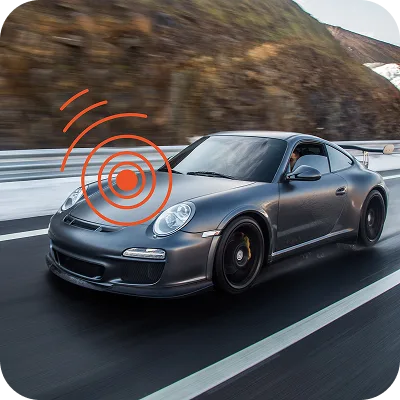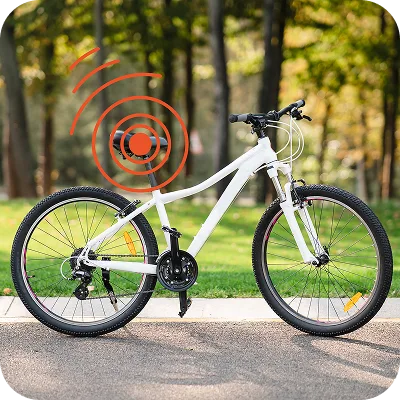Why GPS Tracker Needs Internet to Work?
Have you ever wondered why GPS trackers need internet access to function? Or why you’re required to pay for GPS tracking services despite GPS itself being free? In this article, we aim to address these questions in a simple manner with examples.
What is GPS?
GPS, or Global Positioning System, is a freely available service managed and maintained by the government. It enables users to pinpoint any location on Earth with precision. The GPS system comprises a network of satellites, ground stations, and GPS receivers. While delving into the intricacies of GPS warrants a comprehensive discussion, we’ll provide a brief overview here. Essentially, anyone equipped with a GPS receiver can utilize signals from GPS satellites to determine their location on Earth. This functionality is commonly found in everyday devices such as smartphones and vehicle navigation systems.
What is GPS Tracking?
GPS tracking involves remotely monitoring the location of an object or individual using the GPS system and the internet. While the GPS receiver in the tracking device can determine its location on Earth, the end user typically operates the tracker from a distant location. Therefore, establishing communication between the tracker device and the user necessitates a means of remote connectivity. Presently, the internet serves as the most efficient communication medium available. Consequently, GPS tracker devices integrate internet connectivity to facilitate real-time tracking.
Example Illustration:
Let’s consider tracking a car journey from London to oxford which is being monitored by a person in Canterbury
- Stage 1: The tracker device picks up the geo-location using the GPS receiver installed in it.
- Stage 2: The device then send raw data from the satellites to the central server, which processes and decodes the position of the car.
- Stage 3: The result, including the exact geo-coordinates of the vehicle, is sent to the user’s device.
- Stage 4: The user opens the app associated with the GPS Tracker and views the location.
Here, stage 1 does not require internet support, but the subsequent stages rely on internet connectivity to complete their tasks.
Is there a GPS Tracker without monthly fee?
It is evident that no matter which company you choose, all GPS tracking companies rely on the internet for real-time tracking. So there should be a cost involved in addition to what you have paid for the device.
The tracking devices from PAJ GPS have a subscription fee, which is common for all devices. There are options for monthly, annual, and biennial subscriptions. Additionally, one subscription is sufficient to track the device worldwide. Last but not least, all app features available in our Finder Portal are accessible to users, regardless of the subscription they choose. Essentially, there are no country-specific subscriptions or restrictions on app features. One subscription and you’re good to go. The flexibility to cancel the subscription at any time is one of the key features.
In conclusion, while GPS itself is a cost-free service provided by the government, the integration of internet connectivity into GPS tracker devices enables seamless remote real-time tracking. By understanding the necessity of internet access for GPS trackers, users can make informed decisions and harness the full potential of these devices.















